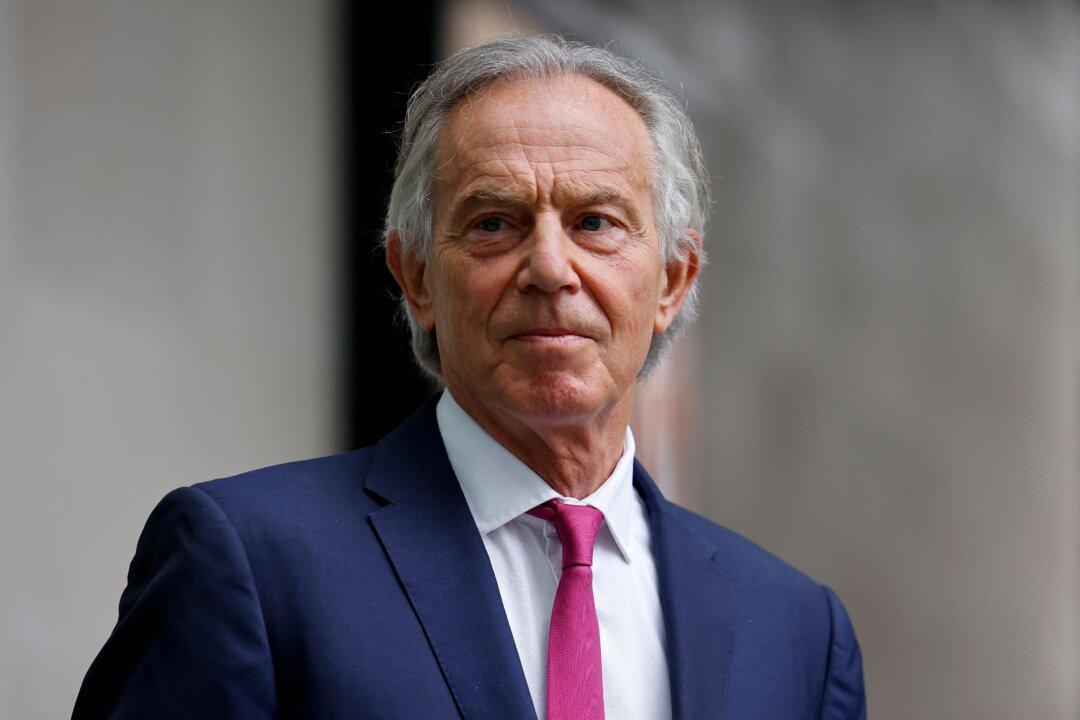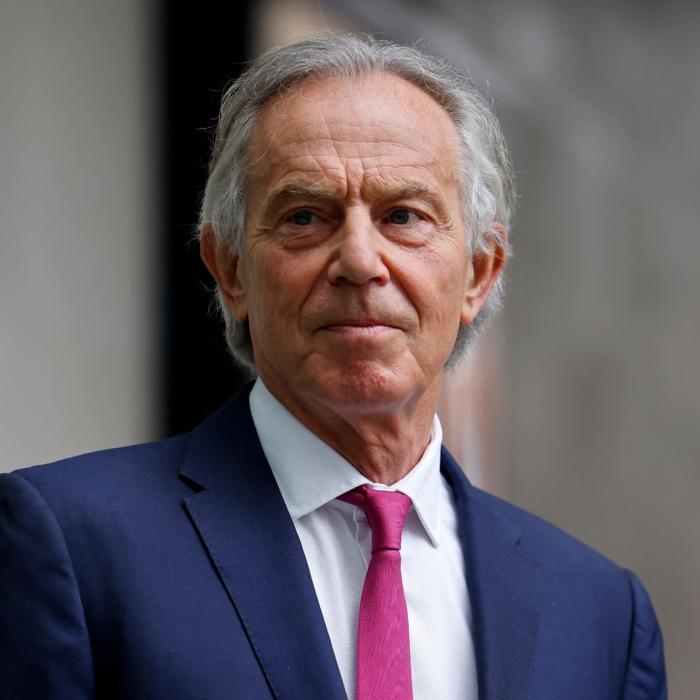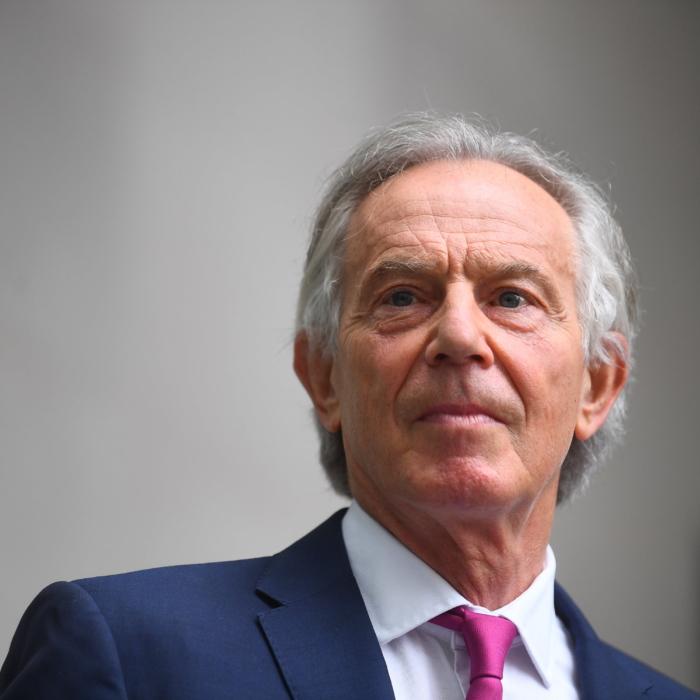In an interview with podcast host Dwarkesh Patel, Sir Tony Blair said that he now believes COVID-19 lockdowns in the developing world “did more harm than good.”
Anxiety
“Most governments kind of tried to strike a middle course right, to do restrictions, but then ease them up over time,” he said.But he added that part of the problem was that governments “weren’t sure where to go to for advice.”
“They had scientific advice, they had medical advice, but then they had to balance that with the needs of their economy and the anxiety a lot of people had that when you were having a large shutdown, they were going to be hugely disadvantaged, as indeed people were,” he said.
Humanitarian Fallout
The disruption from lockdowns in poorer countries was severe.This was due, in part, to the breakdown of supply chains via the shutdown of the commercial airline industry which left the World Food Programme (WFP) and other United Nations agencies struggling.
The WFP said that the number of people facing acute food insecurity rose in countries such as Yemen, the Democratic Republic of the Congo, Afghanistan, Venezuela and Ethiopia, to 265 million in 2020, up by 130 million from 135 million in 2019, as a result of the economic impact of COVID-19.
India enacted the largest lockdown in the world, with over 1.3 billion people locked inside their homes with the threat of up to a year in jail for anyone who refused to follow the restrictions. This was despite millions of poor Indians living in cramped conditions.
“Low-income countries, small island developing states and those suffering from violence and conflict are trying to confront this threat in the most challenging of circumstances,” he said.
Health Passes
Sir Tony, who advises political leaders worldwide with his organisation The Tony Blair Institute for Global Change, had hardline stances on COVID-19 policy.The former prime minister referenced a paper published by The Tony Blair Institute for Global Change, which calls for a “globally interoperable system of health passes” that is “usable both by national border authorities and other organisations within countries.”
“The paper we’re putting out today is saying we should really distinguish between the vaccinated and the unvaccinated,” he said.
The paper called for the government to allow businesses and organizations to operate with no restrictions if they restrict entry to those who have been fully vaccinated or have had a recent negative lateral flow test.
Asked if this would create a discriminatory “two-tier society between the vaccinated and the unvaccinated,” Sir Tony said that “discrimination” is a loaded word, “but really when it comes to risk management, it’s all about discrimination.”






